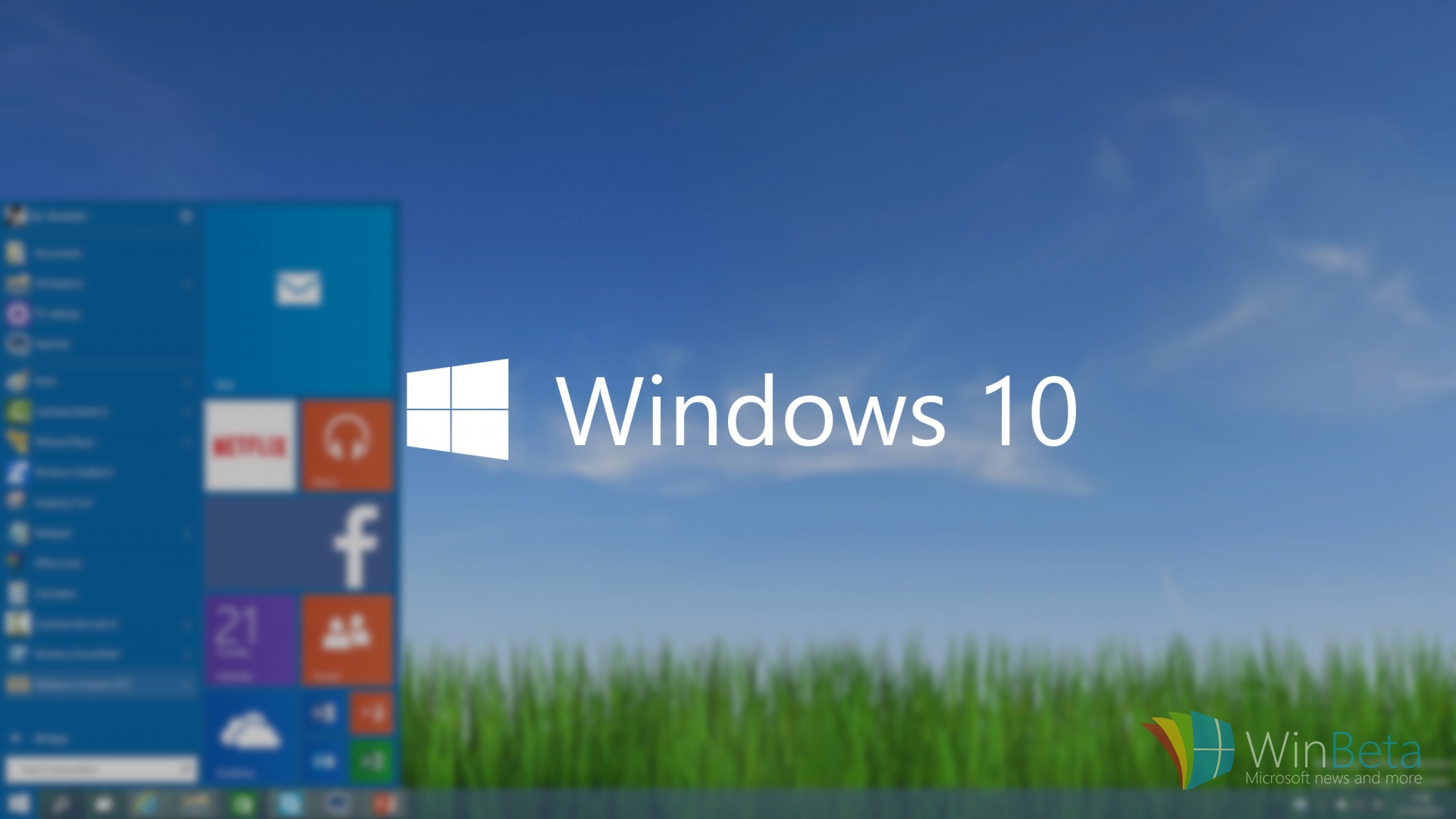COVID 19 is globally transforming the business ecosystem, hitting businesses, small and large, in unforeseen ways. One of the significant changes has been the surge in demand for cloud-based technology, such as business accounting software. According to SmartVault’s State of Accountants Survey, “The majority of firms (62 %) who felt they were successfully responding to COVID-19 were more likely to be using cloud-based technology.” The changing norms and business practices have paved the way for new communication methods, remote working, and managing teams and operations more effectively.
The need for digitisation in a post-covid world
With the economic disruption caused due to the pandemic, it has become crucial for businesses to streamline their financial bookkeeping processes. Accounting software offers a convenient way for businesses to manage their financial operations, including electronic invoicing, timely bookkeeping, and seamlessly catering to their clients’ needs.
Businesses’ agility in adopting emerging technologies, such as cloud-based accounting, will largely determine their success in the post-covid world. Adopting digital accounting will enable companies to organise, access, and plan their financial processes based on accurate data.
This adoption will usher a shift in financial and accounting professionals’ roles in a business’ progress. Automation of traditional accounting processes is inevitable as we transition into a remote working ecosystem. Business accounting software will enable this shift for accounting professionals to acquire more strategic and decision-making positions. With automation of traditionally manual accounting processes like bookkeeping, the risk of human error will decrease and empower businesses with timely, accurate information.
Remote Access to Financial Information
The pandemic has exposed the need for better operational efficiency of businesses, including financial bookkeeping and accounting. With more companies adopting remote work, the need for online access to financial information, cash flow, and business insights has also increased. Business accounting software offers secure and remote real-time access to financial records, management, and accounting systems with minimal manual intervention.
Businesses that have already adopted new technologies such as cloud accounting have been able to cope with the changing business scenario. Cloud-based business accounting software, such as Dext software for business accounting, have enabled business owners to access the entire range of bookkeeping systems anytime, anywhere using any internet-enabled device.
The need for Real-Time financial data and reporting
Now more than ever, businesses need excellent financial forecasting, business insights, cash flow, and decision-making to thrive in a struggling economy. Business accounting software based on cloud technology offers a real-time and in-depth understanding of your business’s performance, allowing you to make better decisions. With accurate cash flow projections, business accounting software can help finance professionals gauge patterns, predict bottlenecks, and plan accordingly.
Cloud-based accounting data can be accessed anytime, with real-time-updated financial information. By employing authorised permissions, you can set access limits for different users based on their role in the company. For instance, you can share payroll-related information with employees dealing with payroll while limiting others’ access to it.
Additional accounting software features such as automation of invoices, billing, and data processing further put accountants in advisory roles and save both time and money.
Sharing Financial Data with Third Parties
With pre-agreed access protocol and permissions, you can easily share financial information with third parties, such as your accountants. This has made accessing government loan schemes and grants much easier for businesses struggling during this time. The process for applying for these loans and grants can be cumbersome, but with online accounting software, companies can exchange the financial information needed for the application promptly.
Moreover, business accounting software enables efficient tax management by allowing your accountant to handle tax returns, lodgement, VAT, which eventually helps you save money in the long run.
Conclusion
As the global economy and businesses recover in the post covid world, the role of technology in financial operations will inevitably increase. Now is the time for businesses to adapt to faster and more efficient ways of doing things, removing any possible bottlenecks. Business accounting software will replace the traditional accounting practices, allowing companies to store, access, share safely, and analyse their financial records in real-time.
With the ease of integration with other platforms such as third-party payment services and e-commerce applications, the possibilities for financial optimisation are endless. Accounting software offer functionalities suitable for small, medium, and large businesses, which helps companies save highly on resources.
If you have any questions about choosing the right accounting software, feel free to reach out to us!


